WELCOME BACK
LET'S CONTINUE YOUR JOURNEY!

Answers: What’s in this for me?
Being rewarded for your efforts. This is about making sure you’re receiving rewards and recognition for the things you do so you have ample incentive and motivation to keep doing them.
We all have different values that come from various places.
Identifying our values and where they come from will help us along our Journey to Purpose.
Often, when discussions about values come up, we are given a list to choose from. The following list will probably feel familiar to some degree. This is where most Values exercises start. Looking at someone else’s list can be a place to start, but not to end.
Note: Reflection is critical to the learning process. It taps into our Spiritual Intelligence, an inner awareness that lies below the level of consciousness (learn more). It also triggers emotions which create neurological connections, or cognitive markers that facilitate memory (learn more). Sometimes these reflection opportunities may seem silly or unnecessary. But the science shows it will increase both memory and understanding. All of your reflection entries are captured in your Life Journal, which you can access at any time here or from the Command Center.
You and I likely value very different things, and that’s okay.
As we learn about other people, their priorities, and the things they value, our understanding of the world and ourselves is deepened.
Value, in its most basic form, begins by asking three fundamental questions:
what do I value, why do I value it, and where did that value come from?
When determining what our values are, it is equally important to determine why we value them and where the values come from.
Take time to consider the influence social media, culture, and others may have on why you value what you do.
Our values do not have to come solely from within.
How might your values come from both those around you and your own wisdom and insights?
Humanists across the globe like Marcus Aurelias and Gutama Buddha have examined the What, Why, and Where of their values, but how well do you “Know Thyself”? If an outside observer were to watch your life, what values do you think they would declare about you based on your actions? Why we value what we do may take a little soul searching. Can you say why you hold your values? Finally, contemplate where your values come from—consider the influence of your friends, family, associates, and community.
Note: Reflection is critical to the learning process. It taps into our Spiritual Intelligence, an inner awareness that lies below the level of consciousness (learn more). It also triggers emotions which create neurological connections, or cognitive markers that facilitate memory (learn more). Sometimes these reflection opportunities may seem silly or unnecessary. But the science shows it will increase both memory and understanding. All of your reflection entries are captured in your Life Journal, which you can access at any time here or from the Command Center.
If we want to see our values as more than a label we simply hang on ourselves,
we can put them into action as a springboard for conversation and connection.
One way to connect with others is to learn about their values and where those values come from.
These “values conversations” widen our perspective and inform our own values.
Have your values changed over the years?
Our relationships, experiences, and perspectives all take part in defining and shaping our values and how they change.
Who can you have a conversation with today about values? What will you discover?
Perhaps you share some of the same values as those around you: your family, friends, or co-workers.
Just as shared values matter in our personal life, shared values matter in our communities and workplaces.
Note: Reflection is critical to the learning process. It taps into our Spiritual Intelligence, an inner awareness that lies below the level of consciousness (learn more). It also triggers emotions which create neurological connections, or cognitive markers that facilitate memory (learn more). Sometimes these reflection opportunities may seem silly or unnecessary. But the science shows it will increase both memory and understanding. All of your reflection entries are captured in your Life Journal, which you can access at any time here or from the Command Center.
Identifying and understanding our values will help us optimize our lives around what matters most.
So ask yourself and your friends, “What do you value?” and “Why?”
There was a problem reporting this post.
Please confirm you want to block this member.
You will no longer be able to:
Please note: This action will also remove this member from your connections and send a report to the site admin. Please allow a few minutes for this process to complete.

Responses